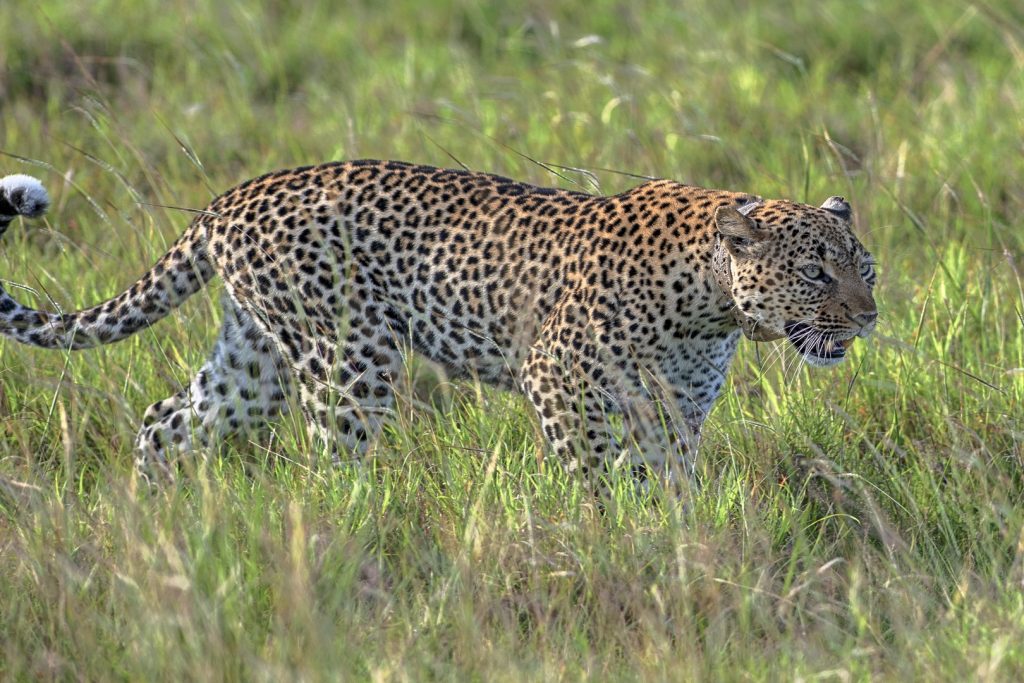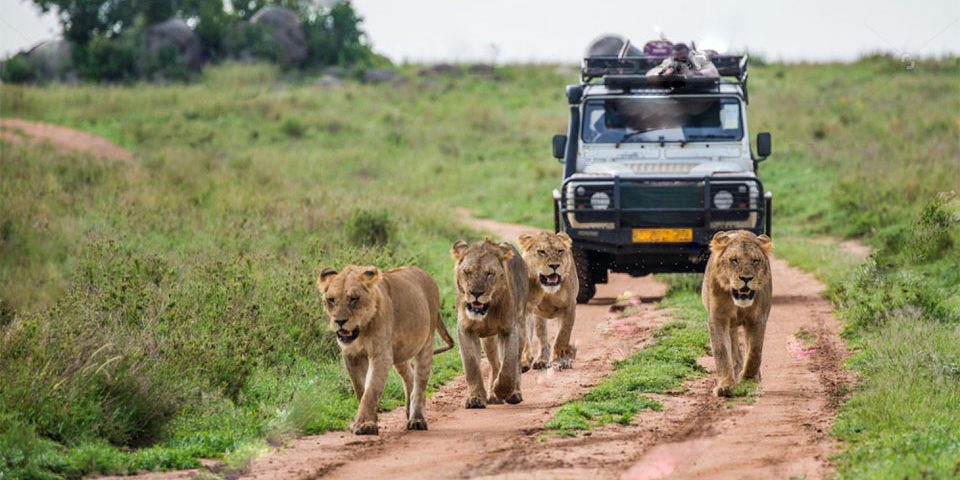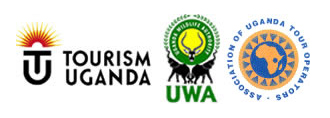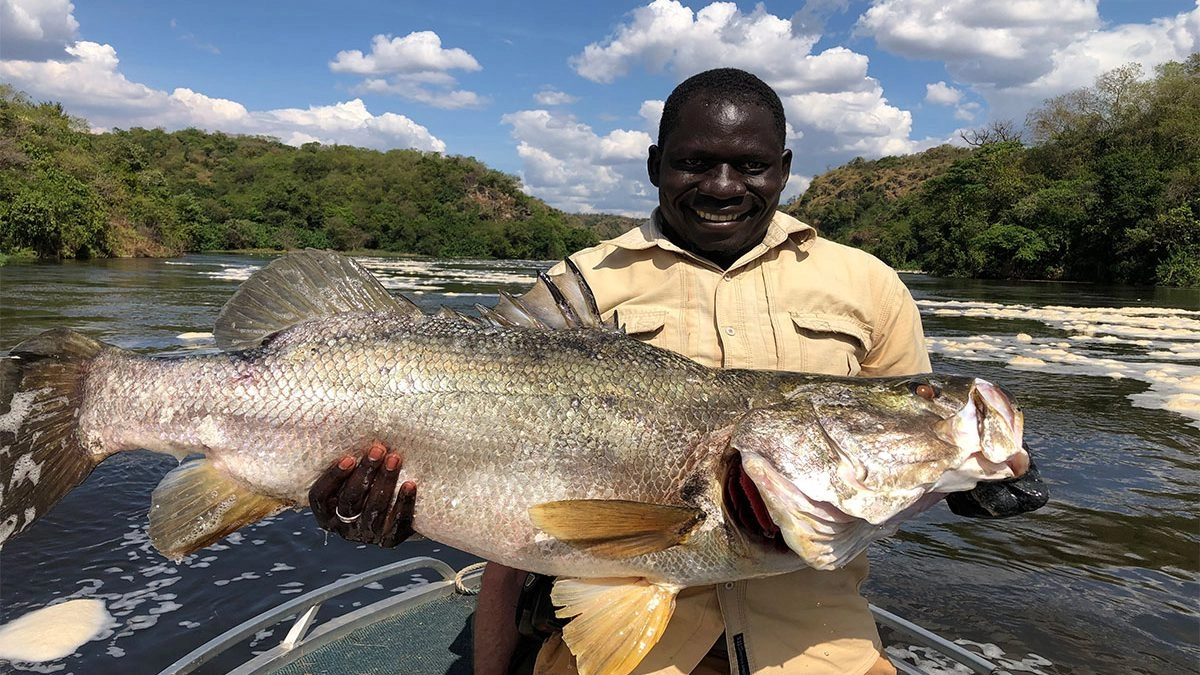
What to pack for a fishing safari in Uganda
What to pack for a fishing safari in Uganda.
What to pack for a fishing safari in Uganda : Fishing safari in Uganda is such a wonderful and interesting safari activity done on a Uganda safari, but on the other side, before thinking about this safari activity it’s also important to know what you need in order to participate in this safari activity. What you should bring on your fishing safari in Uganda-we are here to get away from it all since safaris provide everything you could want and more, from complete and utter relaxation to awe-inspiring spot fishing adventures and cherished moments with your family.
Explore a range of sites at Lake Victoria’s fresh water, which is the second largest lake in the world, Murchison falls national park, Lake Mburo national park, Ssese islands to have the intriguing and perfect fishing safari during your tour in Uganda.
In order to ensure that one’s fishing excursion goes well and without incident, it is imperative that they bring along all of the required materials, including spare batteries and cameras, bug spray. We strongly recommend that you bring as much sun protection with you as you can, including but not limited to: sunglasses, caps/head net hats, creams, and hiking long-sleeved trousers and shirts, safari boots, which are used specifically for shore fishing from the rough rocks, light-colored clothes for fishing are good because they less attract the tsetse flies than dark or blue clothing, which attracts them, a jumper for the evening is very important for you, along with a lightweight rain jacket.
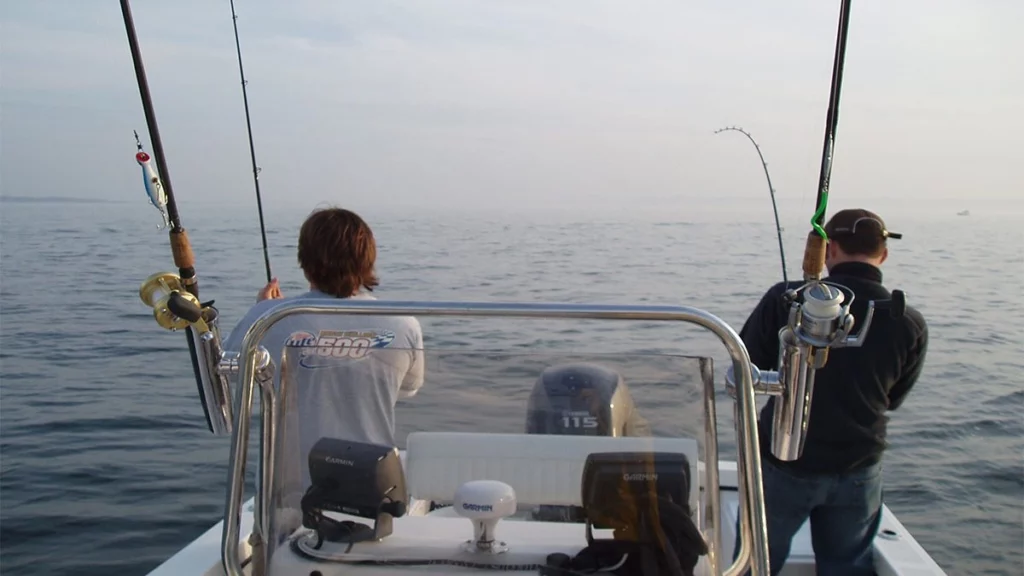
We strongly recommend that you bring a hat with a net to cover your face and neck in order to protect yourself from the tsetse flies that are quite common while you are out there on your fishing expedition, especially on the river Nile. Tsetse flies can cause irritation to the skin and can cause severe allergic reactions in some people. If you want to avoid having your feet wet, wearing sandals or flip-flops is an excellent option, especially when going on and off the boat. A camera, in the event that you want to photograph “the big fish,” and a pair of binoculars, in the event that you have an interest in the avian population.
The best time for sports fishing trips and safaris.
Spot fishing safari is done throughout the year, but in general, it is best during the driest season of the year, which is from June to august and December to February. During these months, there is less rain, which makes fishing fantastic. Although spot fishing can be done at any time, it is best during the driest season of the year. In Uganda, we are able to catch fish throughout the entire year; however, during the months of March–May and September, it is the rainy season. Because fishing is more challenging at this time of year, it is advisable for tourists to plan a fishing safari in Uganda. You may also get in touch with us if you have any questions about when the fishing safaris in Uganda are the most productive.
When preparing for a fishing safari in Uganda, it’s important to pack appropriately to ensure you have a comfortable and enjoyable experience. Here’s a suggested packing list for a Uganda fishing safari:
Clothing:
Lightweight, breathable shirts and t-shirts.
Long-sleeved shirts for sun protection.
Quick-drying pants or shorts.
Hat or cap for sun protection.
Lightweight rain jacket or poncho.
Swimsuit (for swimming or relaxation).
Comfortable walking shoes or hiking boots.
Sandals or flip-flops for relaxation.
Fishing gear:
Fishing rods and reels.
Fishing lines (both main line and leader lines).
Variety of fishing hooks, sinkers, and lures.
Extra fishing line and leader material.
Fishing tackle box or bag.
Fishing pliers or multi-tool.
Landing net or gaff.
Fishing hat or cap for sun protection.
Personal essentials:
Valid passport and necessary travel documents.
Insect repellent (containing deet).
Sunscreen (preferably with a high spf).
Personal medications and first aid kit.
Toiletries (toothbrush, toothpaste, soap, etc.).
Hand sanitizer or wet wipes.
Travel towel.
Binoculars (for bird watching or wildlife spotting).
Camera or video equipment.
Extra batteries and memory cards.
Camping equipment:
Tent.
Sleeping bag.
Sleeping pad or inflatable mattress.
Pillow.
Flashlight or headlamp.
Cooking utensils and camping stove (if needed).
Water bottle or hydration system.
Multi-purpose knife or swiss army knife.
Miscellaneous:
Travel adapter and chargers for electronic devices.
Waterproof bags or dry sacks for protecting electronics and other valuables.
Cash (Ugandan shillings) and/or credit/debit cards.
Guidebooks or maps of the area.
Snacks and non-perishable food items.
Water purification tablets or water filter (in case drinking water is not readily available).
Travel insurance information.

